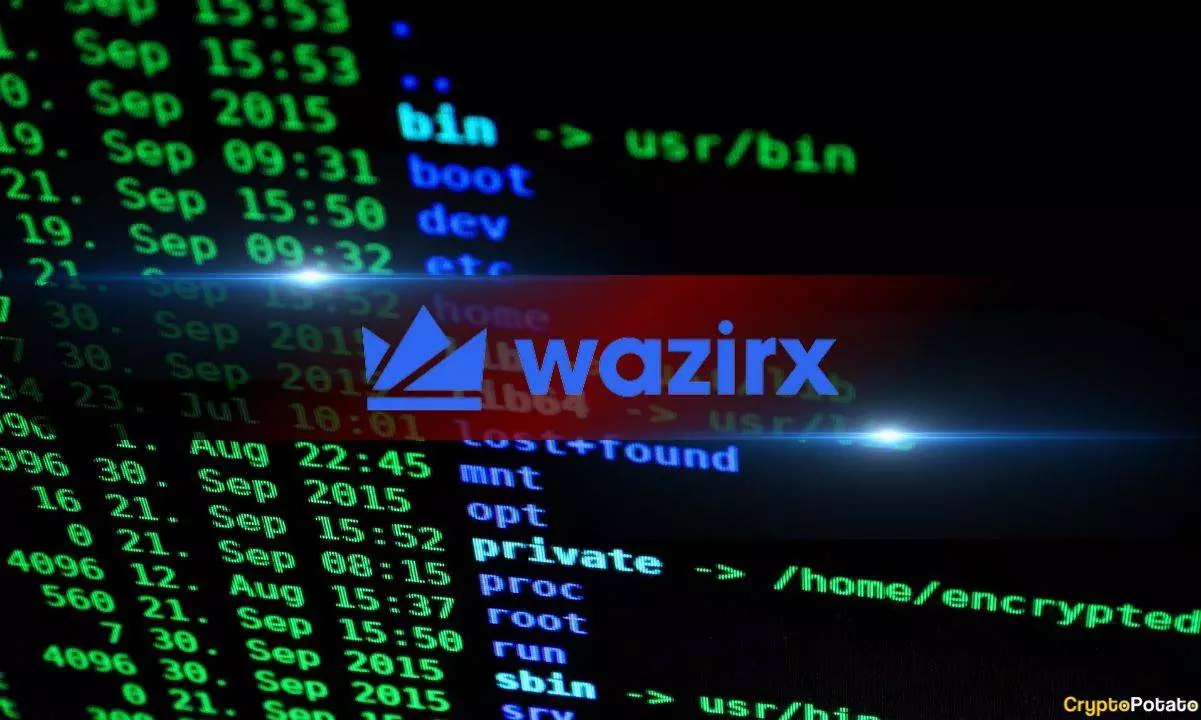The Indian cryptocurrency landscape is currently embroiled in controversy, particularly surrounding WazirX, one of the country’s leading exchanges. Accusations have surfaced claiming that WazirX transferred approximately $75 million in cryptocurrency assets to two well-known exchanges—Bybit and KuCoin—without notifying its users. These claims follow a disclosure made by WazirX regarding over 240,000 wallet addresses, which came about as part of a moratorium granted by a Singapore court. This situation arose after a substantial hack that reportedly led to the loss of $235 million worth of digital assets in July.
In response to these serious allegations, WazirX founder Nischal Shetty took to social media to vehemently refute the claims. He described the media narratives as “false” and “coordinated,” suggesting that there was no clandestine movement of funds as alleged. Instead, Shetty clarified that the transfers were a part of a legitimate necessity to engage a new custodian after terminating a partnership with Liminal, their previous custodian service, owing to complications post-hack.
Adding layers to the controversy, CoinSwitch, a competing crypto platform, has significantly engaged in this unfolding drama. Its CEO, Ashish Singhal, voiced concerns about the safety of the funds stored with WazirX. After the hack, CoinSwitch claimed to have utilized its treasury to refund its customers, a task that has prompted the firm to seek legal recourse against WazirX to recover the utilized funds.
Singhal’s team sifted through the enormous amount of data released and discovered significant movements of cryptocurrency assets, raising questions about the transparency of WazirX’s actions. These findings have sparked a discourse regarding the ethical obligations that crypto exchanges have towards their users. In a highly volatile industry characterized by rapid digital transactions, how exchanges handle their assets when faced with crises is of paramount importance to customer trust.
An additional layer of complexity arises from the sheer volume of information provided in the disclosure. Of the examined wallet addresses, it was noted that about half held balances of less than $10, while a significant number of these wallets were empty. This raises the critical question of whether such a massive data dump serves its intended purpose—allowing the community to track compromised funds—or if it leads to further confusion.
For WazirX, the challenge lies not only in recovering stolen assets but also in restoring trust among its user base. Skepticism concerning the operational transparency of exchanges has grown following numerous hacks in the crypto industry. Consequently, the disclosure could have unintended repercussions, including a platform’s struggle to maintain user confidence.
Despite WazirX launching efforts that include offering a $23 million bounty for information leading to the recovery of the stolen funds, the prospects of reclaiming the lost assets appear bleak. The alleged perpetrator of the hack, linked with North Korean cybercriminal organizations, has purportedly laundered the stolen gains, diminishing hopeful recovery avenues for WazirX.
As the exchanges navigate the turbulent waters of security breaches and user trust, the aftermath of the incident serves as a sobering reminder of the fragile nature of cryptocurrencies. The case also emphasizes the importance of robust custodianship processes and the need for stringent security measures in an increasingly interconnected digital economy.
The ongoing legal disputes and operational challenges of WazirX underscore a crucial juncture for cryptocurrencies in India. The outcome of this controversy may influence regulatory approaches and operational standards within the industry. As crypto firms strive to reconcile the growing scrutiny with the need for innovation and user trust, the situation at WazirX will serve as a significant case study for exchanges worldwide.
As this situation develops, stakeholders—ranging from users to regulators—will be watching closely. They will be assessing how WazirX manages not just the fallout from this hack but also its broader implications for the industry’s transparency and reliability in the future. The cryptocurrency realm is at a crossroads, and the decisions made in the coming weeks will be imperative in shaping its trajectory.
















Leave a Reply